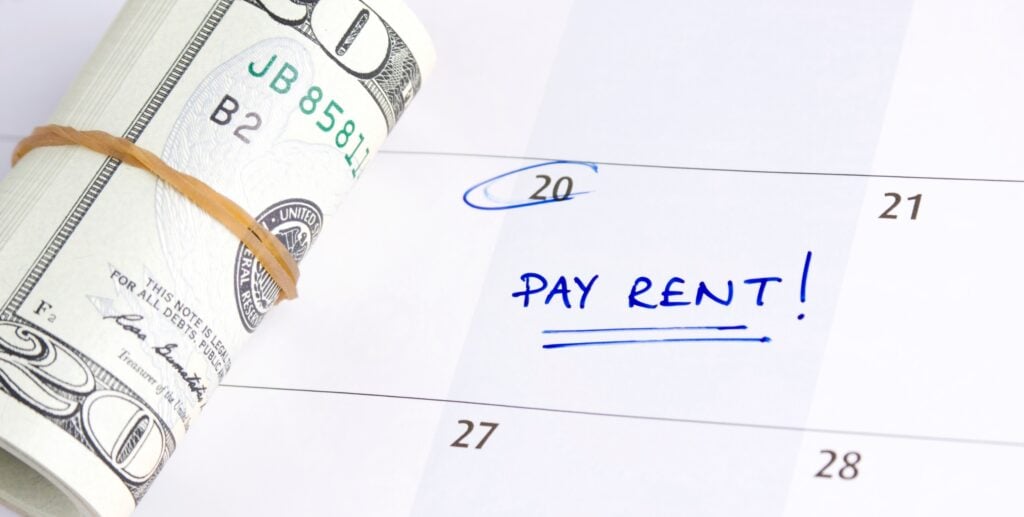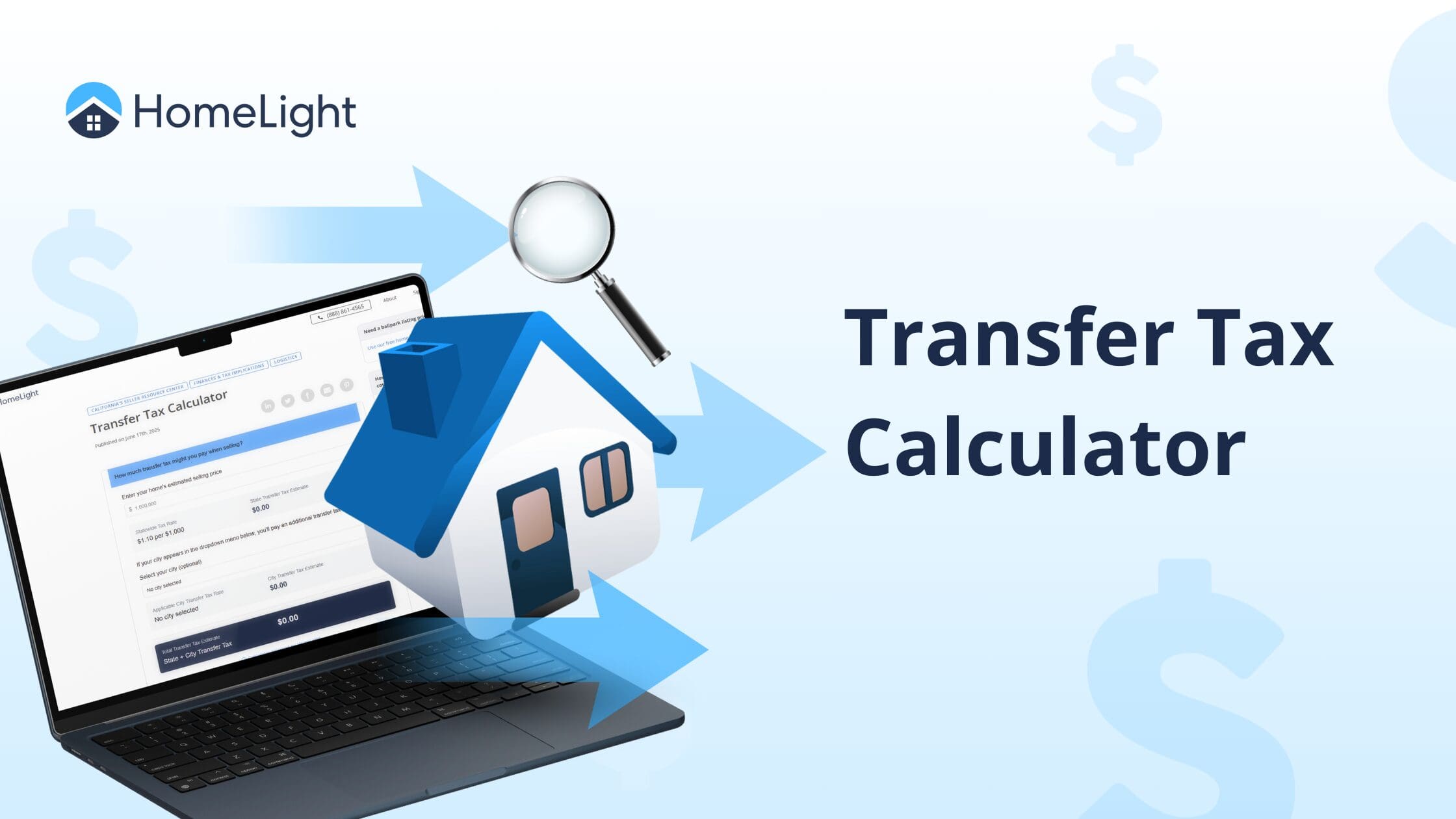Selling a home is already a major undertaking, but when there’s a lien on the property, the process can get more complicated. A lien is essentially a legal claim against your property due to unpaid debts, taxes, or judgments. If you’re asking, “Can you sell a house with a lien on it?” the short answer is yes, but it’s not as straightforward as a traditional sale.
In this Redfin Real Estate article, we’ll break down what a lien is, how it affects your home sale, and the steps you can take to successfully sell your property, even if a lien is attached.
What is a lien on a house?
A lien is a legal right or claim against a property by a creditor. It gives the creditor the right to be paid from the sale of the property. Common reasons for liens include:
- Unpaid property taxes
- Outstanding mortgage payments
- Unpaid contractor or construction bills (mechanic’s lien)
- Court judgments or legal disputes
- Unpaid child support or alimony
A lien doesn’t mean you can’t sell your house. However, it does mean you’ll need to deal with the lien, either by paying it off or negotiating with the creditor, before transferring clear ownership to the buyer.
Can you sell a house with a lien on it?
Yes, you can sell a house with a lien on it, but the lien must be resolved during the closing process. Most buyers (and their lenders) require a clear title, meaning no outstanding claims on the property. Typically, the lien needs to be paid off using the proceeds from the home sale, and a settlement or negotiation is made with the creditor to release the lien.
In rare cases, a buyer may agree to take on the lien (usually in a cash sale).
Steps to sell a house with a lien
1. Verify the lien
Request a title search or check with your county records to confirm any liens on your property.
2. Determine the amount owed
Once verified, contact the lienholder to find out the payoff amount, including interest or fees.
3. Negotiate the lien
Sometimes, creditors will accept less than the full amount to release the lien, especially if the property sale is the only way they’ll get paid.
4. Work with a real estate agent or attorney
An experienced agent or real estate attorney can guide you through the negotiation and closing process, ensuring the lien is addressed correctly.
5. Close the sale
At closing, the lien is paid off from the proceeds before you receive the remaining funds.
What happens if you don’t pay the lien?
If the lien isn’t resolved, you cannot transfer clear ownership to the buyer, and most lenders will refuse to finance the purchase. In some cases, unresolved liens can lead to foreclosure or legal action.
Tips for selling a house with a lien
- Act early by addressing the lien before listing your home.
- Get a payoff quote to understand exactly how much you owe.
- Consider cash buyers because they may be more flexible when purchasing a home with a lien.
- Be transparent with buyers by disclosing the lien upfront to build trust and avoid surprises.
FAQs about selling a house with a lien
Still have questions about selling a house with a lien on it? Our Redfin Real Estate experts are here to help.
1. Can a lien be removed without paying?
In some cases, liens can be challenged and removed if they were filed in error or if the statute of limitations has expired.
2. How long does it take to clear a lien?
It depends on how quickly you can arrange payment or negotiate with the lienholder.
3. Can I sell to a family member with a lien?
Yes, but the lien must still be cleared for the title to transfer properly.
4. Can I use my sale proceeds to pay the lien?
Yes, the lien amount is typically deducted from your sale proceeds during closing.
Selling a house with a lien, the smart way
So, can you sell a house with a lien on it? Absolutely, but it requires extra steps and careful planning. By verifying the lien early, negotiating with creditors, and working with professionals, you can successfully close the sale and move forward.


















 English (US) ·
English (US) ·